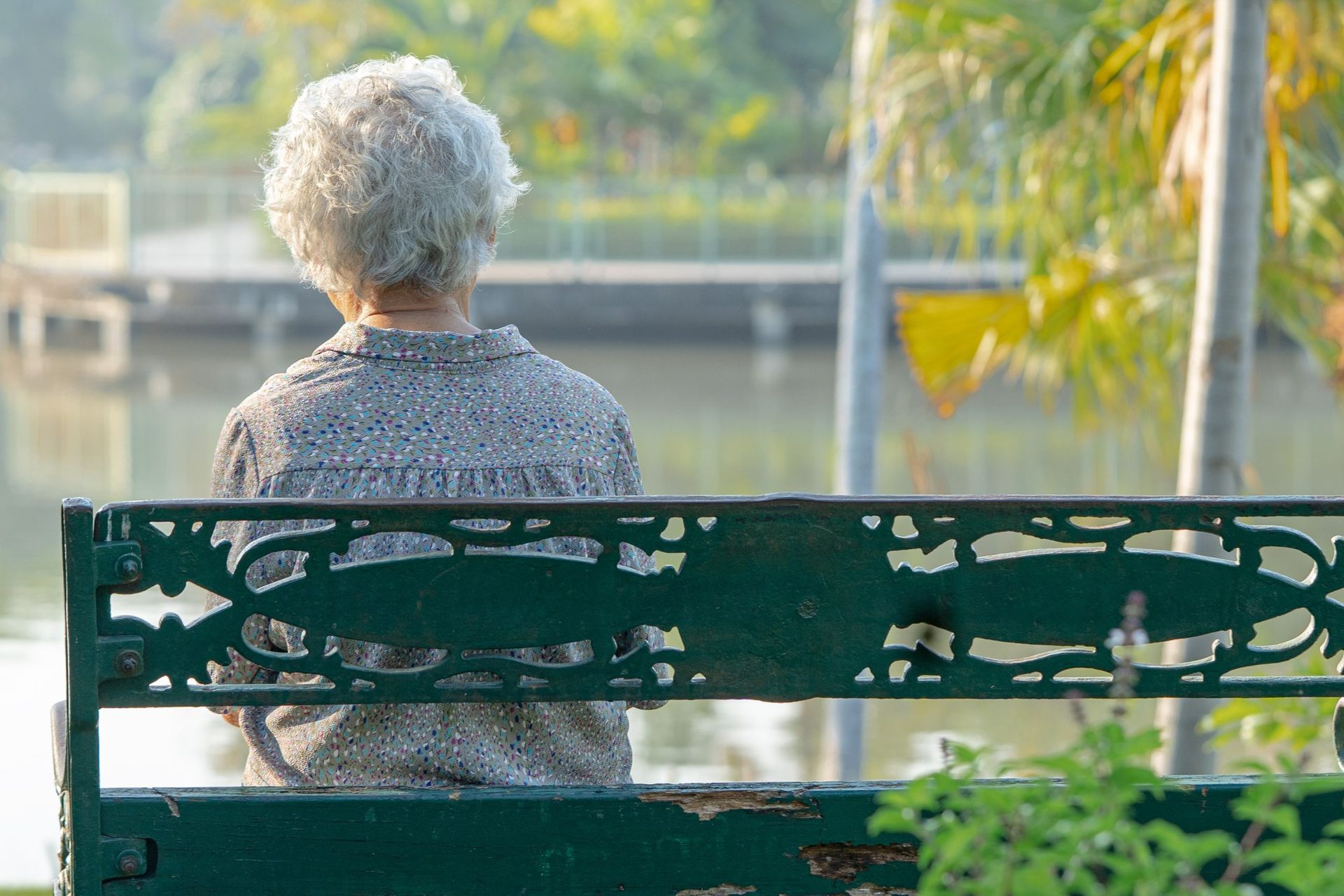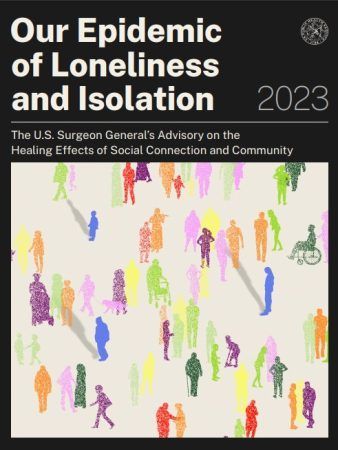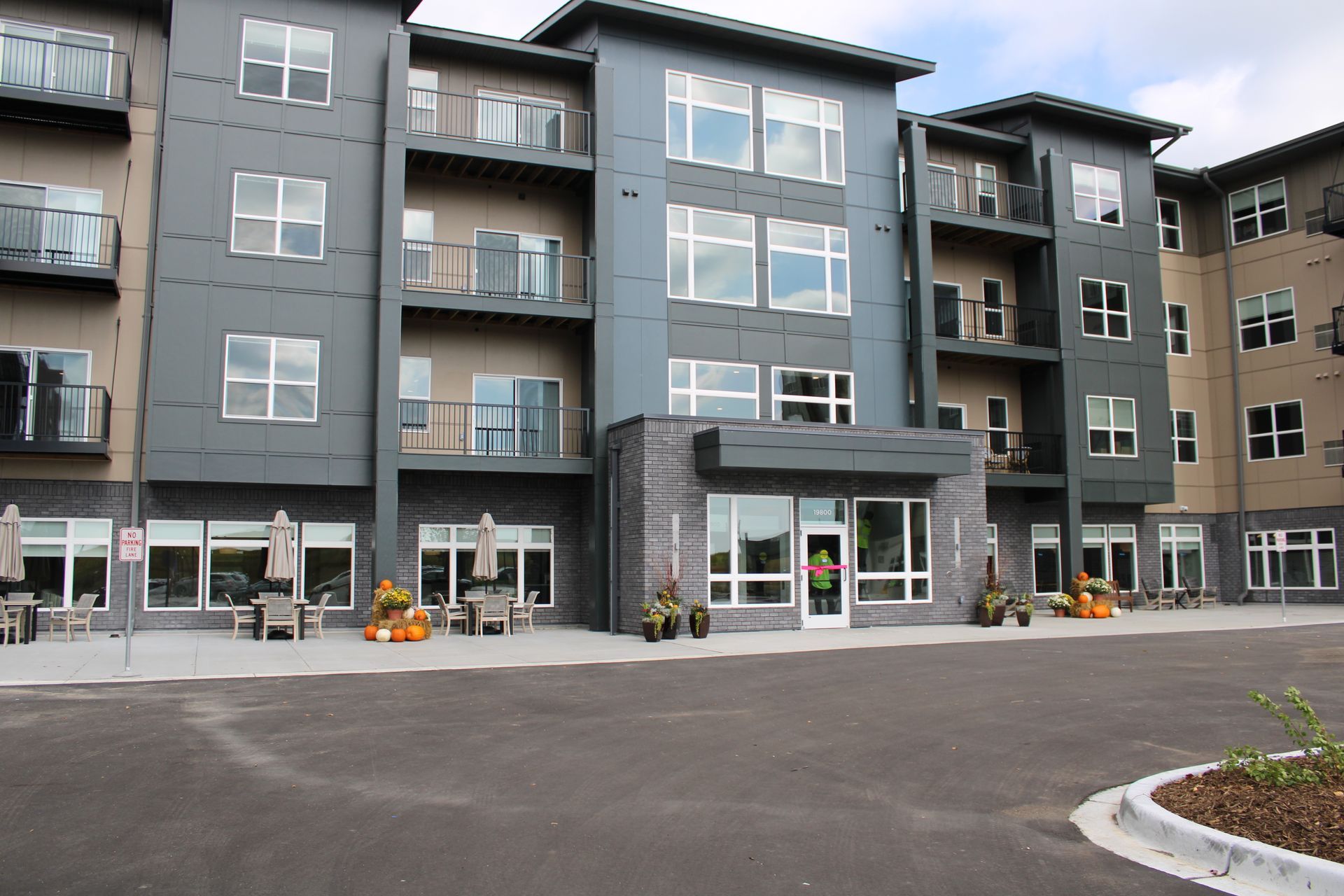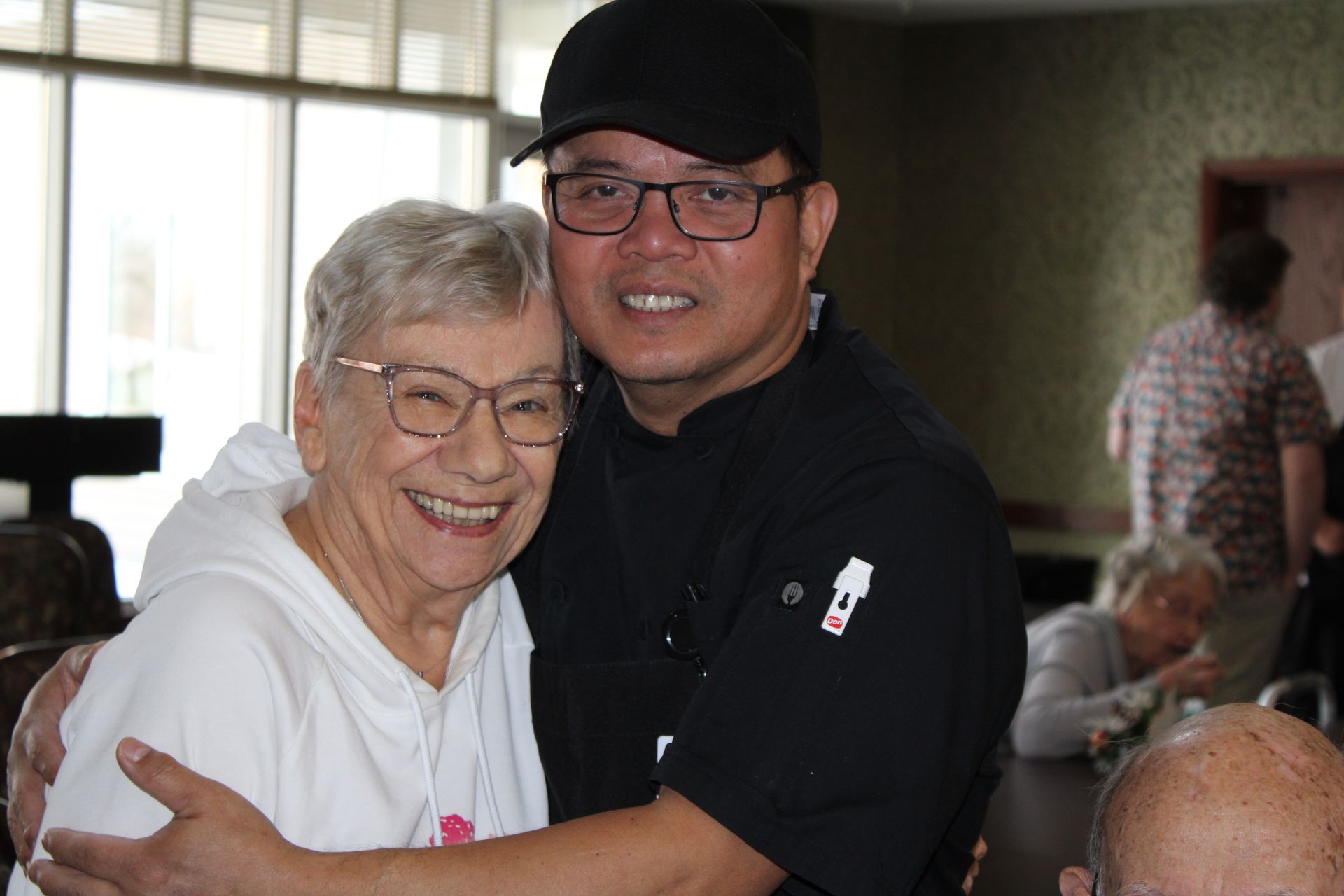
How to Combat the Epidemic of Loneliness
Last year the U. S. Surgeon General issued a very important Surgeon General Advisory, “Our Epidemic of Loneliness and Isolation 2023.” Unlike other advisories that touch on things like opioids, obesity, HIV/AIDS, and smoking for instance, this latest one is about the need for social connection.
Surgeon General Dr. Vivek H. Murthy wrote, “Loneliness is the subjective feeling that you’re lacking the social connections you need. It can feel like being stranded, abandoned, or cut off from the people with whom you belong—even if you’re surrounded by other people. What’s missing when you’re lonely is the feeling of closeness, trust, and the affection of genuine friends, loved ones, and community.”
He went on: “Loneliness is far more than just a bad feeling, it harms both individual and societal health. It is associated with a greater risk of cardiovascular disease, dementia, stroke, depression, anxiety and premature death . . . And the harmful consequences of a society that lacks social connection can be felt in our schools, workplaces and civic organizations where performance, productivity and engagement are diminished.”
For aging adults, which is my focus, the lack of social connection and loneliness was brought to everyone’s attention during COVID when seniors and their families were isolated from each other. No one who had a mom or dad in senior living during that time will forget the anxiety around trying to connect with their loved one.
The advisory focuses on “cultivating a culture of connection,” one that rests on the core values of kindness, respect, service and commitment to one another. And it offers practical recommendations on what different groups of people can do to advance social connections. All can be found on SurgeonGeneral.gov, but I’m including here several recommendations aimed at individuals.

- Invest time in nurturing your relationships through consistent, frequent and high-quality engagement with others. Take time each day to reach out to a friend of family member.
- Minimize distraction during conversations to increase the quality of time you spend with others. For instance, don’t check your phone during meals with friends, important conversations and family time.
- Seek out opportunities to serve and support others, either by helping your family, co-workers, friends or strangers in your community or by participating in community service.
- Be responsive, supportive and practice gratitude. As we practice these behaviors, others are more likely to reciprocate, strengthening our social bonds and improving relationship satisfaction.
- Actively engage with people of different backgrounds and experiences to expand your understanding of and relationships with others.
- Seek help during times of struggle with loneliness or isolation by reaching out to a family member, friend, counselor or healthcare provider.
- Participate in social and community groups.
Of course, the last bullet is an absolute given in senior living communities like Saint Therese. We believe one of the most important benefits to older adults in our community – be it independent, assisted, memory care or nursing home – is the opportunity to make social connections and live well.
About
At Saint Therese, our heartfelt purpose since 1968 has been a people first approach to living well by providing senior care and services where every life we touch feels welcomed, respected, and heard. We achieve this by doing ordinary things with extraordinary love every single day. Contact us to learn more.







